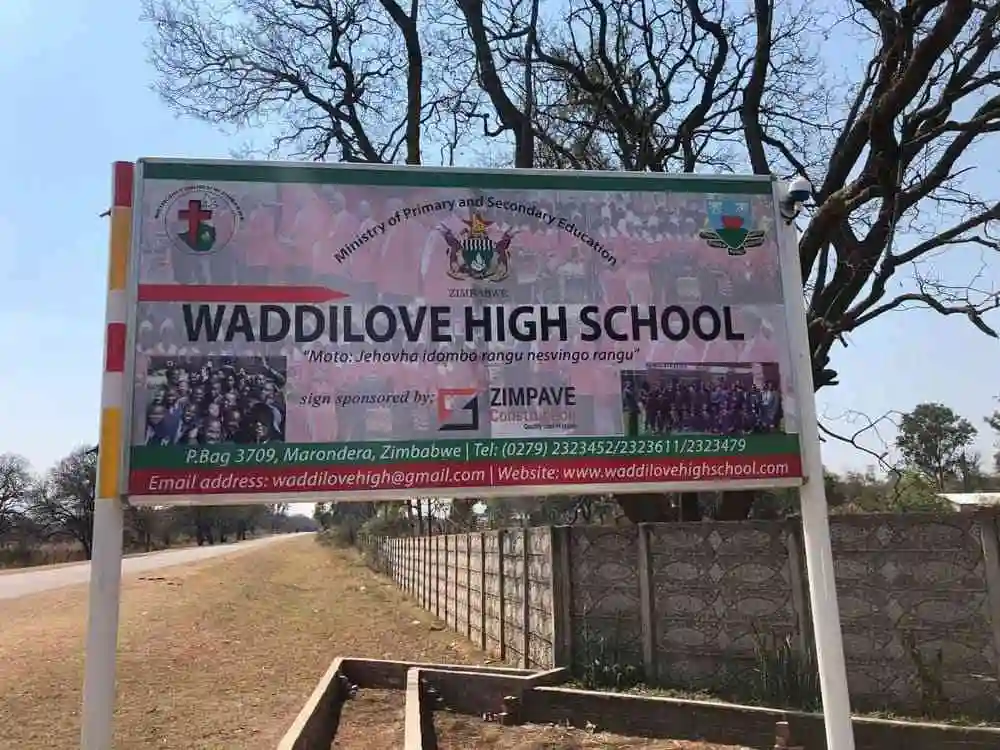Zimbabwe has ranked among the top 10 African countries with the highest education levels in 2024, securing the 4th spot.
The ranking is based on literacy rates and years of schooling, according to the Data Panda report.
Seychelles is ranked number 1, followed by South Africa in 2nd place, and Mauritius in 3rd.
The other countries in the top 10 are BotswaRankingna (5th), Gabon (6th), Sao Tome and Principe (7th), Tunisia (8th), Algeria (9th), and Egypt (10th).
In an interview with CITE, Taungana Ndoro, the Director of Communications and Advocacy in the Ministry of Primary and Secondary Education, attributed Zimbabwe’s high ranking to strategic government interventions in the education sector. He said:
The curriculum is moving away from colonial education to a heritage based curriculum which uses an ethos of hunhu/ ubuntu (humanity) that reminds people of their heritage and who they are.
We appreciate what the government of Zimbabwe is doing, in particular, His Excellency, the president of Zimbabwe Dr Emmerson Mnangagwa who has made sure that the Ministry of Primary and Secondary Education puts in strategies to maintain a high level of education and literacy within the country of Zimbabwe.
This is also evident throughout the world, where you see Zimbabweans are in high paying and top jobs whether throughout the world whether it’s in South Africa, England Canada, US or Australia or any other country.
Zimbabweans are in top paying jobs because of the quality of the education that they have. This is due to the strategies that the ministry has put in place under the guidance of the president.
In the 2025 National Budget, the Minister of Finance, Mthuli Ncube, allocated ZiG 46.6 billion to the Ministry of Primary and Secondary Education, making it the highest allocation among all government ministries.
The total budget for all ministries in the 2025 National Budget is ZiG 276 billion.
The combined budget for the education sector, including the Ministries of Primary and Secondary Education and Higher and Tertiary Education, Innovation, Science and Technology, is ZiG 56.96 billion, which represents about 23.6% of the total national budget.
The education sector’s allocation exceeds the Dakar Declaration target of 20% and the World Education Forum’s recommended 15-20% of public expenditure for education.
However, critics argue that focusing solely on financial allocations overlooks non-monetary factors like human resources, infrastructure, and teacher-pupil ratios.
A 2017 World Bank study emphasized that human resources, classrooms, infrastructure, and teacher-pupil ratios are essential for evaluating the adequacy of education budgets.
A teacher in Bulawayo, who transitioned from the public to the private education sector, said that while Zimbabwe has received recognition for its educational achievements, significant improvements are still needed, particularly in rural areas. Said the teacher:
As much as Zimbabwe has received this recognition, more needs to be done. Children in rural areas face limited schools – where they walk long distances, inadequate infrastructure, shortage of qualified teachers, limited resources such as textbooks, stationery and technology.
There is also poverty and hunger as some children go to school hungry. This has been worse during this drought and we are seeing cultural and language barriers where non-local language speaking teachers are teaching children, which in itself becomes a barrier to education.
More: Pindula News

